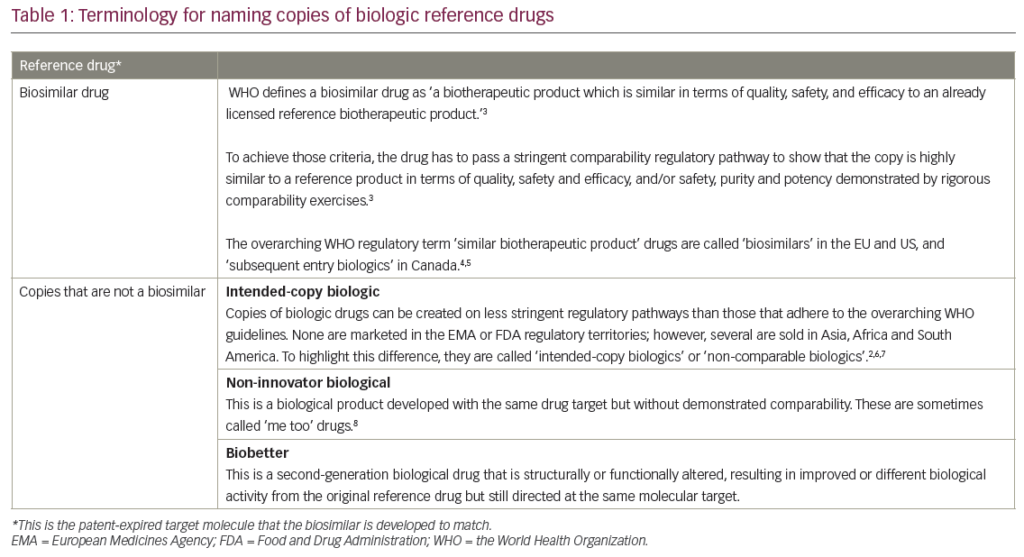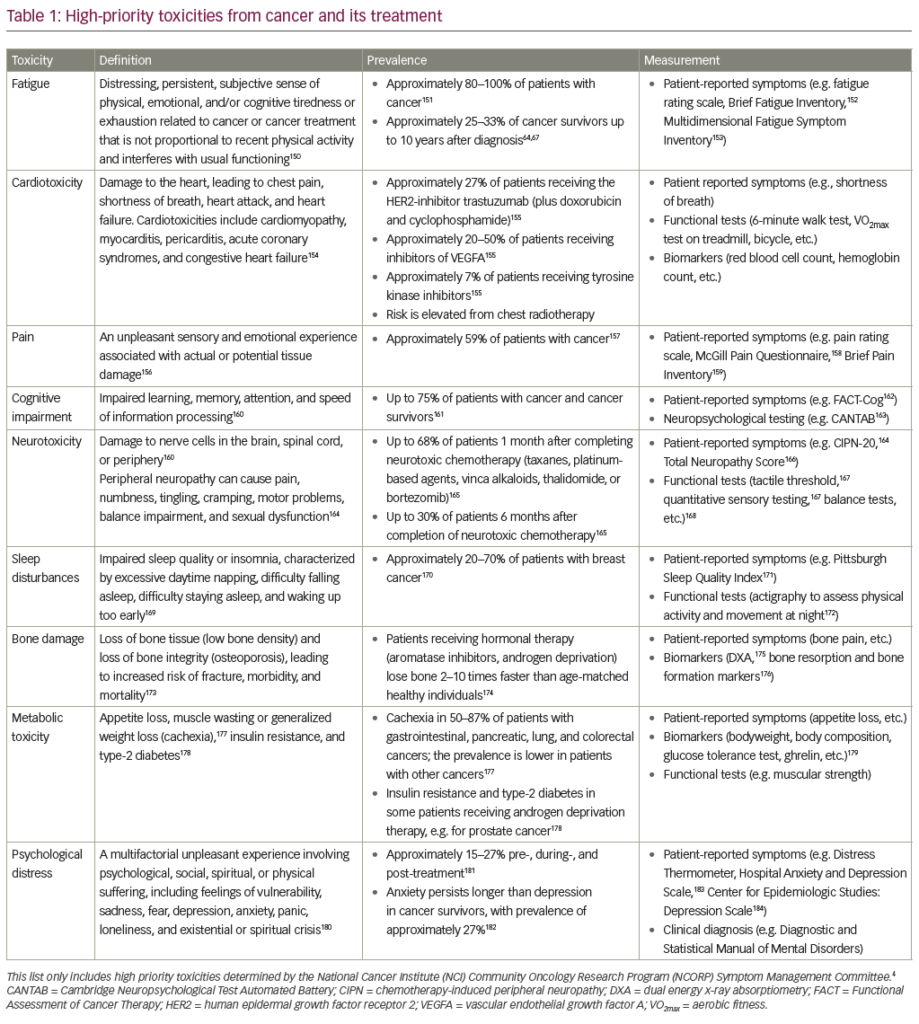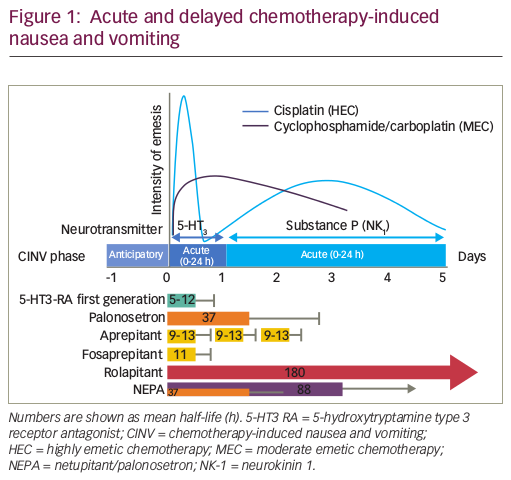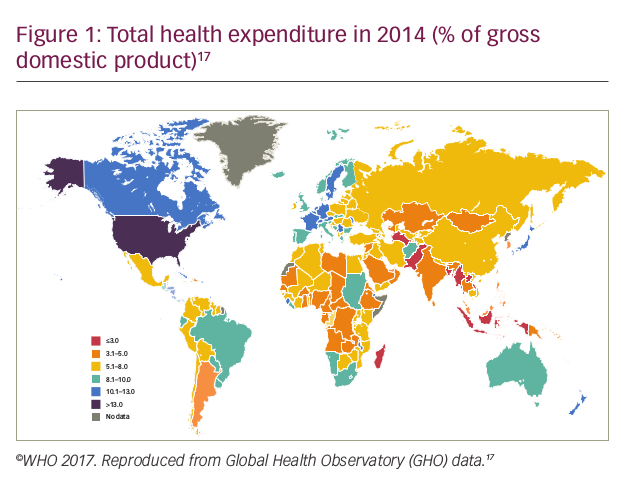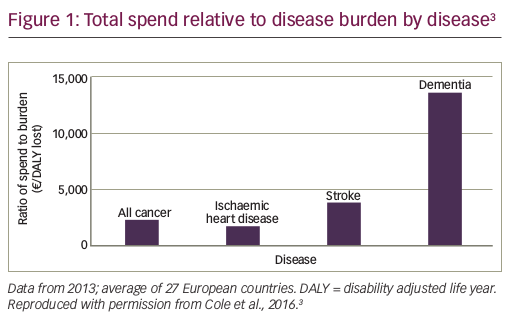Welcome to the latest edition of touchREVIEWS in Oncology & Haematology. Despite the success of the human papillomavirus vaccination programme, cervical cancer remains one of the most common cancers in women, and advanced disease carries a poor prognosis. Lebreton et al. review data from the KEYNOTE-826 Phase III trial, which showed the benefits of adding pembrolizumab to chemotherapy in patients with PD-L1-positive disease and recurrent, persistent or metastatic cervical cancer, as well as considering the future of immunotherapy in this setting. This issue contains three articles on the subject of gastrointestinal cancers. Kalyan and Shroff review the current advances in targeted therapies for cholangiocarcinoma, and how this will impact the future. Alqahtani et al. review recent breakthroughs in targeted therapy and immunotherapy for gastroesophageal cancer, while Mukherji et al. discuss the potential of circulating tumour DNA for detecting minimal residual disease in gastrointestinal cancers.
Nitin Chilakamarri et al. explore the future of marginal zone lymphoma therapy. They discuss the available data for chimeric antigen receptor T-cell therapies and CD20–CD3 bispecific antibodies, and consider the limitations and potential benefits of
these approaches. Rosenthal and Munoz review the clinical utility of the selective next-generation Bruton’s tyrosine kinase inhibitor zanubrutinib, which was designed to address intolerance and toxicity concerns associated with ibrutinib in the treatment of B-cell malignancies.
The treatment of neuroendocrine tumours has undergone many advances in recent years. In a review article, Katiyar and Das highlight approved targeted therapies and those in advanced clinical development.
We also feature two articles on the subject of multiple myeloma (MM). Golden at al. review methods of resistance to B-cell maturation antigen chimeric antigen receptor T-cell therapies in the treatment of MM, as well as treatment options for the relapsed patient. In addition, Vasudevan et al. discuss some of the major studies on MM presented at the American Society of Haematology meeting in December 2021.
Our attention next turns to immunotherapy. Stein and D’Angelo describe the latest developments in maximising the response to immune checkpoint blockade among patients with sarcoma, including combination regimens and targeting epigenetic mechanisms to improve responsiveness.
As well as impacting on cancer care, COVID-19 continues to concern haematologists because of the risk of thrombotic complications among infected patients. Asrani and Bahou provide a systematic review of the incidence rates, risk factors and treatment guidelines for COVID-19-associated coagulopathy.
Treatment for prostate cancer has a profound impact on the health-related quality of life of men. Venderbos et al. present the findings of the Europa Uomo Patient Reported Outcome Study (EUPROMS), which investigated the impact of prostate cancer treatment on sexual function in men.
touchREVIEWS in Oncology & Haematology would like to thank our contributors for producing insightful and informative articles. We are also grateful to all organisations and media partners for their ongoing support, and to our editorial board for their continued involvement and advice. We hope that you will find this edition useful and interesting.
Shaji K Kumar, MD
Shaji K Kumar, MD, is a consultant in the Division of Hematology, and Professor of Medicine in the College of Medicine at the Mayo Clinic, Rochester, MN, USA. He is currently the chair of the National Comprehensive Cancer Network (NCCN) panel on multiple myeloma and is the co-chair of the National Cancer Institute Multiple Myeloma Steering Committee. He is a member of several professional societies, including the American Society of Hematology, American Society of Clinical Oncology, American Association for Clinical Research, American Society for Blood and Marrow Transplantation, American Medical Association, Association of Physicians of India, and the European Hematology Association. His work has appeared in many peer-reviewed journals such as Lancet Oncology, Journal of Clinical Oncology, Blood Cancer Journal, Leukemia, American Journal of Hematology, Mayo Clinic Proceedings, Blood, and European Journal of Hematology. Dr Kumar’s research efforts are directed toward studying novel treatment approaches in myeloma through well-designed clinical trials. He is principal investigator on multiple phase I, II and III trials for plasma cell malignancies, which include a combination of Mayo Clinic investigator-initiated trials, industry-sponsored trials, and cooperative group trials. From a translational research standpoint, his laboratory has focused on development of new agents for plasma cell malignancies, with a particular emphasis on the tumor microenvironment. Dr Kumar receives ongoing support for research from the National Institutes of Health and the National Cancer Institute.







